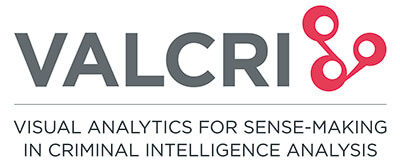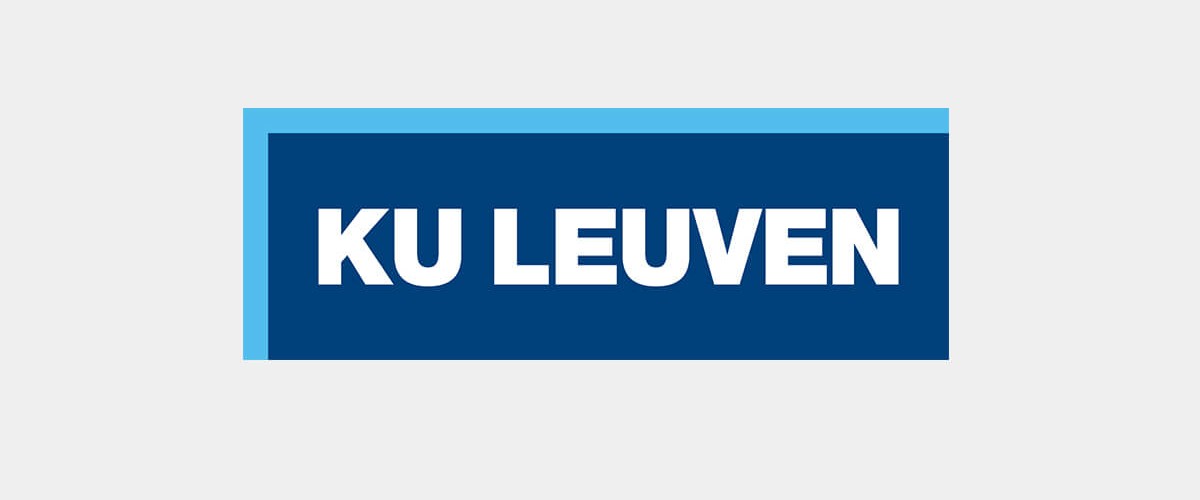

The Katholieke Universiteit Leuven (KU Leuven, www.kuleuven.be), being the 5th European university in the 2010 Leiden bibliometric ranking and 5th in the competitive European Framework Programme for research (FP7, number of contracts awarded up until July 2012), has a rich tradition of learning and research for almost six centuries. Today, KU Leuven is a charter member of the League of European Research Universities (LERU), and European surveys rank KU Leuven among the top European universities in terms of research output: 626 PhD degrees (of which 232 for foreign PhD students) were awarded during the academic year 2010-2011, over 5199 international peer-reviewed publications were publishes in 2010, and 98 spin-off companies had been established at the end of 2011. In addition, KU Leuven carries out fundamental and applied research in all academic disciplines with a clear international orientation. Our annual research expenditures in 2011 were 364 million euro. KU Leuven employs 9,971 people, including 1,473 professors and 5,344 junior academics. More than 200 KU Leuven researchers are permanently working on information and communications technology related issues. They belong to different university departments all characterized by a strong tradition in multidisciplinary research on information and communications technology. Applied research is supported by the well-experienced KU Leuven Research & Development, one of the oldest and most renowned technology transfer offices in Europe.
The Interdisciplinary Centre for Law & ICT (www.icri.be) is a research centre at the Faculty of Law of KU Leuven dedicated to advance and promote legal knowledge about the information society through research and teaching of the highest quality. ICRI is also among the founding members of The LEUVEN Center on Information and Communication Technology (LICT) and IBBT. ICRI’s current staff counts 2 full time professors, 3 full time postdoctoral researchers, 15 fulltime doctoral and legal researchers, 2 full time administrative assistants and 7 affiliated researchers. ICRI is committed to contribute to a better and more efficient regulatory and policy framework for information & communication technologies (ICTs). Its research is focused on the design of innovative legal engineering techniques and is characterised by its intra- and interdisciplinary approach, constantly aspiring cross-fertilisation between legal, technical, economic and socio-cultural perspectives. By conducting ground-breaking legal research in a spirit of academic freedom and freedom of inquiry, ICRI aspires to a place among the centres of excellence in the area of law & ICT in Europe and beyond. ICRI has carried out several studies and consultancy assignments with a strong tradition in multidisciplinary research on information and communications technology issues.
PARTNER TECHNOLOGIES / CAPABILITIES BROUGHT TO PROJECT
Expertise in assessing and understanding the legal implications of technology